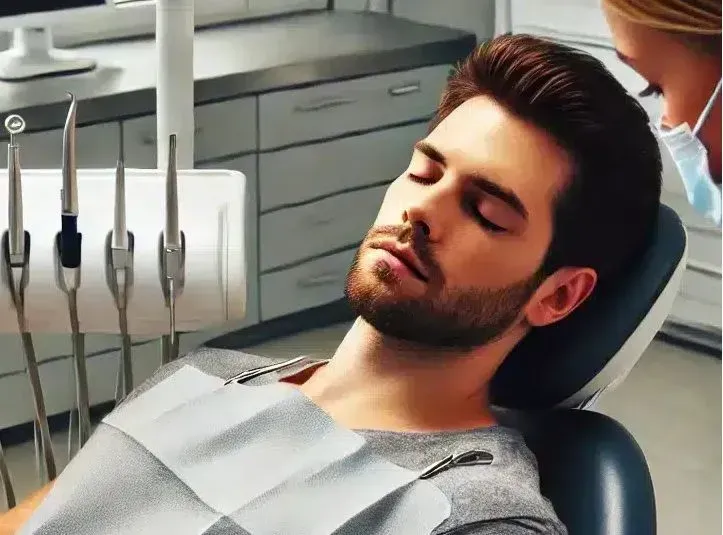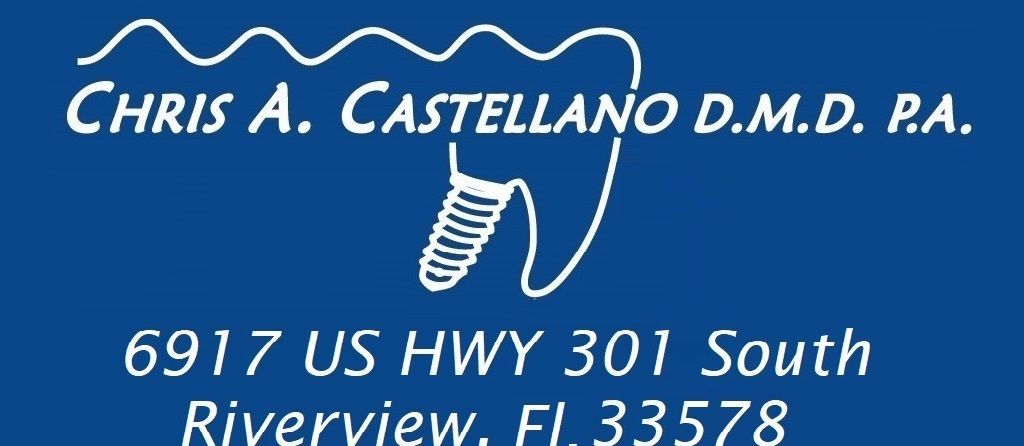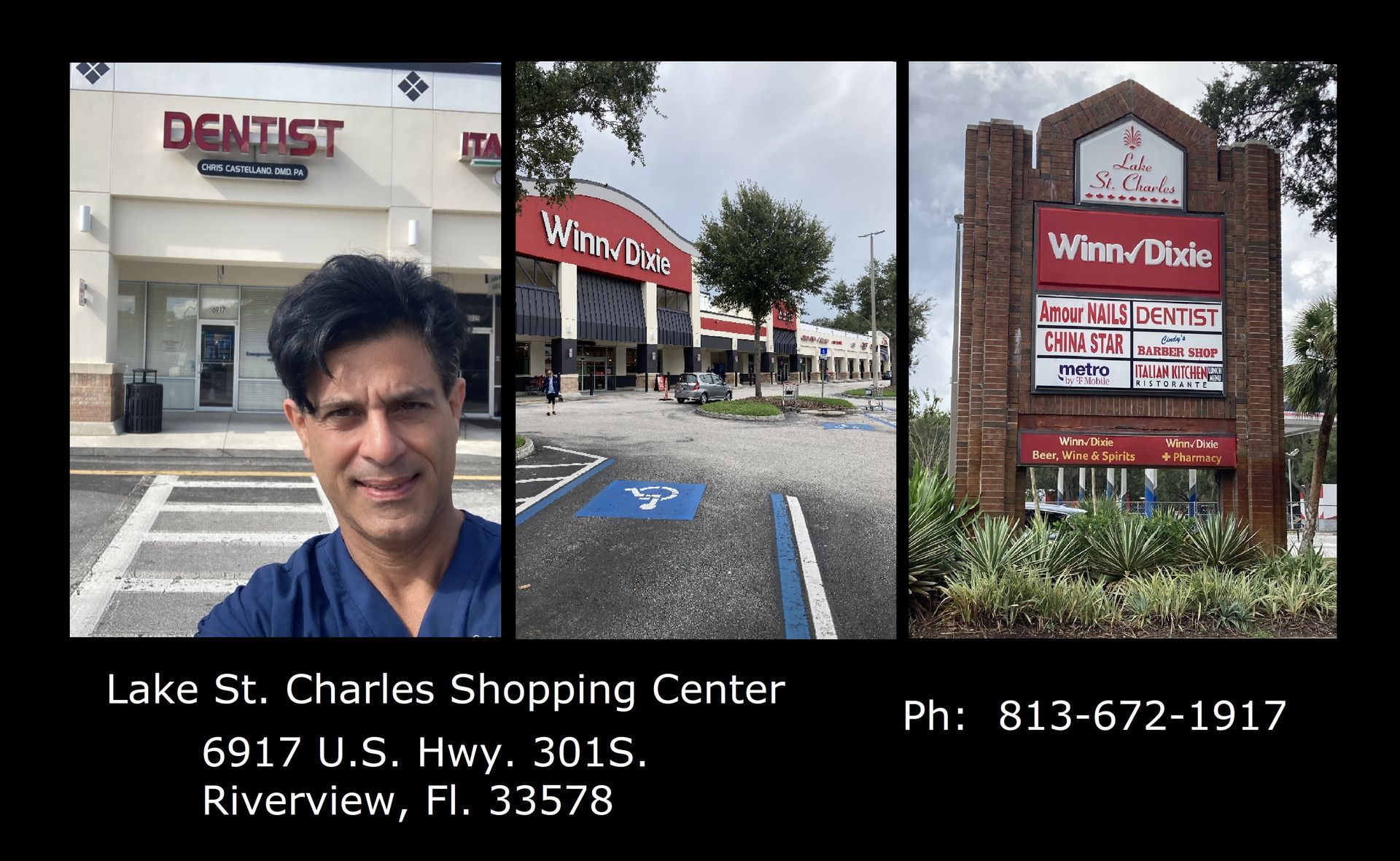Oral Sedation Services
Serving Riverview, FL and all the surrounding areas
Benzodiazepines
Benzodiazepines are effective drugs in sedation dentistry that help manage anxiety and improves the overall patient experience. With proper medical supervision, it enhances patient comfort and facilitates the provision of essential dental care.
Mechanism of Action of Common Benzodiazepines
These drugs work by binding to the GABA-A receptors in the brain, enhancing the effects of the neurotransmitter GABA, which inhibits neural activity. This results in decreased anxiety, improved sleep, and muscle relaxation. Chronic stress can negatively impact GABA production, making medications like Halcion, Ativan, and Diazepam are particularly valuable for those struggling with anxiety.
What is Halcion?
Halcion is a benzodiazepine primarily used as a sedative and sleeping medication. It induces a calming effect, alleviating anxiety and causing partial amnesia regarding the dental procedure. Patients remain awake but have limited awareness of the visit, making it suitable for those with moderate anxiety. Unlike general anesthesia, which renders a patient completely unconscious, allows for responsiveness while still providing significant relaxation.
Dosing Information
Halcion: Typically, 0.25 to 0.5 mg is effective for significant anxiety reduction. However, higher doses can lead to prolonged psychomotor impairment.
Other Benzodiazepines:
- Valium (diazepam): 5-10 mg taken an 30min before the appointment for mild to moderate anxiety.
- Ativan (Lorazepam): 1-3 mg for similar levels of anxiety, providing drowsiness but maintaining responsiveness. 20-30 minutes before appointment
Benefits of Using Halcion, Valium, or Ativan
For many, dental anxiety can deter regular visits, jeopardizing oral health. By employing sedation techniques like Halcion, dentists can create a more comfortable environment, facilitating necessary treatments and encouraging patients to seek timely care.

Safety:
Oral sedation is generally safe . It's also important to have someone drive you home after the procedure because the sedative may impair your coordination or judgment. The effects of oral sedation can last 4-6 hours.



